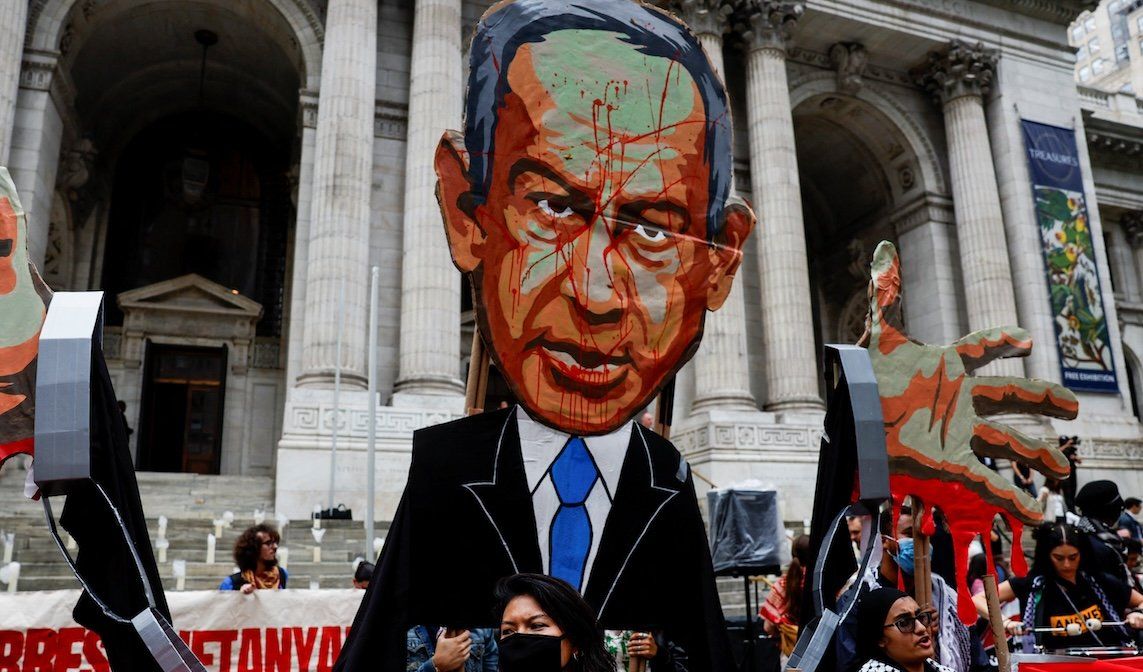UNITED NATIONS – When
Mahmoud Abbas, the Palestinian Authority leader, addressed the United Nations General Assembly on Thursday, he began, “We will not leave. Palestine is our homeland. If anyone were to leave, it would be the occupier.” He called on the international community to stop sending weapons to Israel — which he accused of “launching wars of genocide” in Gaza, the West Bank, and Lebanon — and instead implement sanctions.
Abbas then laid out a 12-point policy for what is needed “immediately and on day one after the war ends.” The plan included a permanent cease-fire in Gaza, an end to the “military aggression by settlers in the West Bank and East Jerusalem,” humanitarian aid, and the return of displaced peoples. He called for Palestine to be given full membership to the UN, and disparaged the US for being “the only member in the Security Council that voted against granting the state of Palestine full membership.”
Later that evening, Lebanon’s Minister for Foreign Affairs Abdallah Bouhabib called on Israel to adopt an immediate cease-fire and halt its strikes within Lebanese borders, noting that the cause of the current conflict was Israel's ongoing occupation. "The shortest path for the return [of displaced Israelis in the North]," he said, "is a comprehensive, immediate cease-fire as stipulated in the US-Franco declaration yesterday ... as part of a comprehensive framework accompanied by clear international guarantees, transparency, and a definitive end to land, sea, and air incursions and breaches of Lebanese sovereignty."
Both speeches came as the US, France, and several Arab nations tried to use the tail end of the UN General Assembly to broker a temporary Israel to agree to a cease-fire with Lebanon.
Meanwhile, protesters began marching outside the UN security perimeter on Thursday in anticipation of Friday's appearance at UNGA by Prime Minister Benjamin Netanyahu, who has instructed his military to keep fighting “with full force” in Lebanon. Netanyahu said on Thursday that "we will not stop until we achieve our goals, first and foremost returning the residents of the north safely to their homes."
